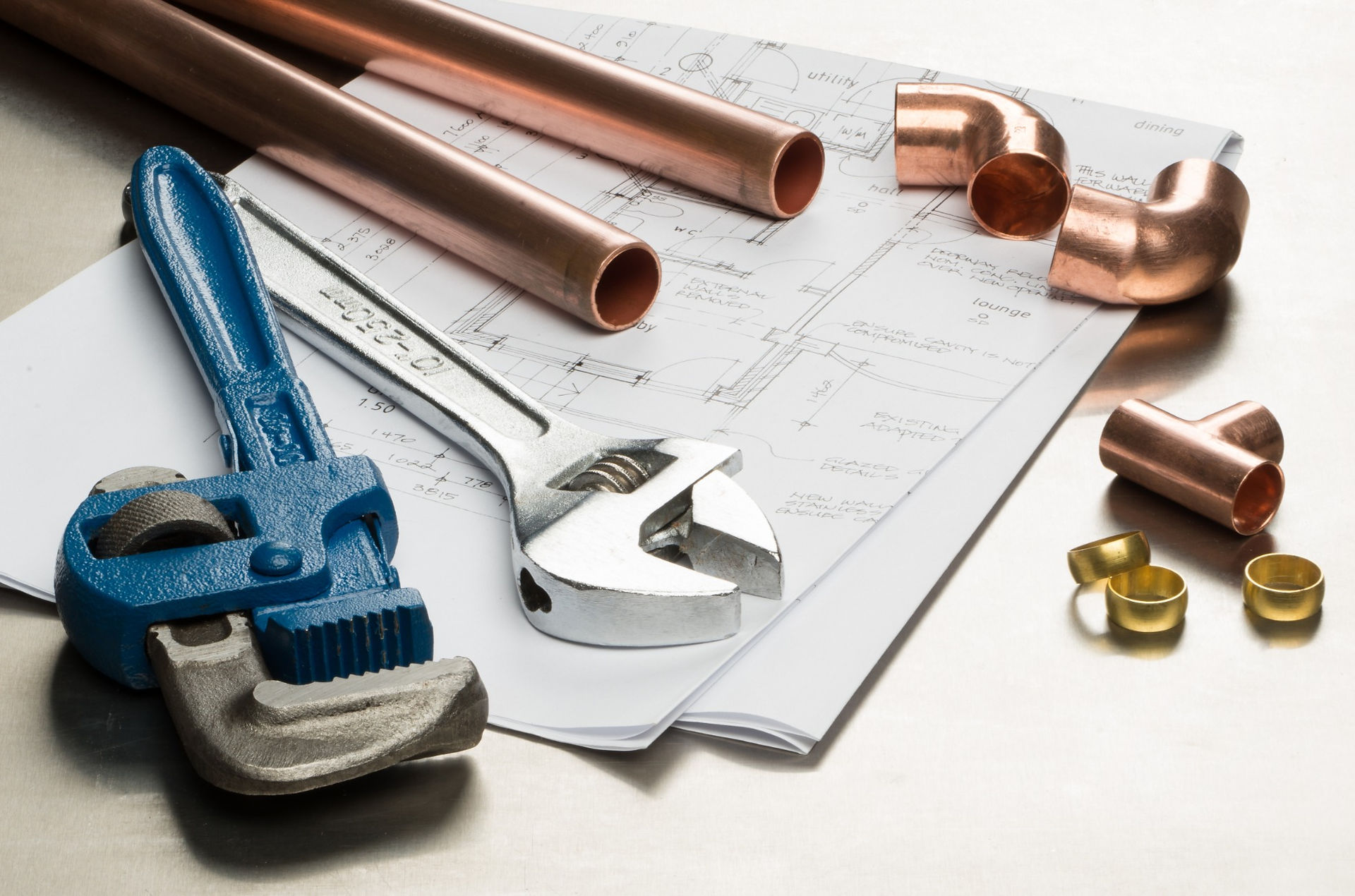Condensing vs. Non-Condensing Tankless Water Heaters: What You Need to Know
- marco4240
- Jun 27, 2025
- 4 min read
Condensing vs. Non-Condensing Tankless Water Heaters: What You Need to Know
When upgrading your home’s water heating system, one of the biggest decisions you’ll face is choosing between a condensing or non-condensing tankless water heater. Both types have their pros and cons, and the right choice depends on factors like your home’s plumbing, budget, and energy efficiency goals. Let’s dive into the key differences between the two to help you make an informed decision.

What is a Condensing Tankless Water Heater?
A condensing tankless water heater is designed with two heat exchangers. The first heat exchanger heats the water in the typical way, but instead of releasing the exhaust gases into the air, it passes them through a second heat exchanger to pre-heat incoming cold water. This process recycles some of the heat, making it more efficient than non-condensing models.
Pros of Condensing Tankless Water Heaters:
More Energy-Efficient: By recycling exhaust gases to pre-heat the water, condensing units are more energy-efficient. They can provide more hot water while using less energy, which could lower your energy bills.
Quieter Operation: These models are generally quieter than non-condensing units, as they operate at lower temperatures and produce less noise.
Long-Term Savings: Although they come with a higher upfront cost, condensing models may save you more money in the long run due to their improved efficiency.
Cons of Condensing Tankless Water Heaters:
Higher Initial Cost: The initial cost of a condensing unit is typically higher than a non-condensing one, so it may not fit every budget.
Venting Requirements: Condensing units need special venting made from PVC pipes, as the acidic exhaust can damage standard venting systems. This may add to the installation cost and complexity.
Condensate Drainage: Condensing models produce acidic condensate that must be properly drained to avoid damage to your plumbing. You’ll need to install a drain pipe, which may require additional work and expense.
What is a Non-Condensing Tankless Water Heater?
A non-condensing tankless water heater has only one heat exchanger. Cold water passes through the unit, and the flame heats it up directly. The exhaust gases produced are hot—around 400°F—and are vented directly out of the unit, usually as steam. This means the gases exit the building without being recycled.
Pros of Non-Condensing Tankless Water Heaters:
Lower Initial Cost: Non-condensing units are generally less expensive than their condensing counterparts, making them a good option for those on a budget.
Simpler Installation: Because they don’t require special venting or a condensate drainage system, installation is typically easier and less costly.
Simple Design: Non-condensing models have a straightforward design and fewer components, which can make them more durable and easier to maintain in the long run.
Cons of Non-Condensing Tankless Water Heaters:
Lower Efficiency: These units don’t recycle heat from the exhaust gases, making them less efficient than condensing units. You’ll use more energy to heat the same amount of water, leading to higher utility bills.
Louder Operation: Because the exhaust gases are hotter, non-condensing units are typically louder than condensing models.
Less Hot Water Output: Non-condensing units can only produce a maximum of around 9 gallons per minute (gpm) of hot water, which may not be enough for larger households or homes with high water demands.
Key Differences Between Condensing and Non-Condensing Units
Feature | Condensing Tankless Water Heater | Non-Condensing Tankless Water Heater |
Energy Efficiency | More efficient, saves energy and lowers bills | Less efficient, higher energy consumption |
Initial Cost | Higher upfront cost | Lower initial cost |
Venting Requirements | Requires PVC venting due to acidic exhaust | Stainless steel venting required for high-temperature exhaust |
Hot Water Output | Higher output, up to 11 gpm | Lower output, up to 9 gpm |
Noise Level | Quieter operation | Louder operation due to high exhaust temperature |
Maintenance | Requires a condensate drainage system | Easier maintenance, no condensate issues |
Which One is Right for You?
Choosing between a condensing and non-condensing tankless water heater depends on your home’s specific needs and priorities.
If energy efficiency and long-term savings are your top priorities, a condensing unit is likely the better choice. The initial investment may be higher, but the energy savings over time could make up for it, especially in larger homes or homes with high water usage.
If you’re on a budget or looking for a simpler, more affordable option, a non-condensing unit might be the way to go. While it’s less efficient and produces more noise, it still offers the benefits of endless hot water and a relatively low installation cost.
Conclusion: Energy Efficiency vs. Cost
Both condensing and non-condensing tankless water heaters offer distinct advantages. The condensing model is best for those seeking efficiency, energy savings, and greater hot water output, while the non-condensing model is ideal for those looking for a more affordable, straightforward option.
Before making your decision, consider your home’s needs, your budget, and the importance of energy efficiency in your decision-making process.
Ready to Make the Switch to Tankless?
If you're ready to explore the world of tankless water heaters, Marco’s Tankless can help you choose the right model for your home. Contact us today for a consultation, and our experts will guide you through the process from selection to installation.
Get in touch now! 480-620-3859






Comments